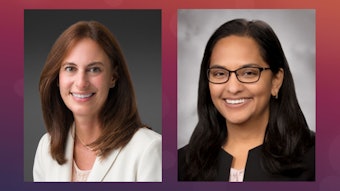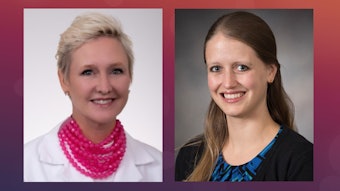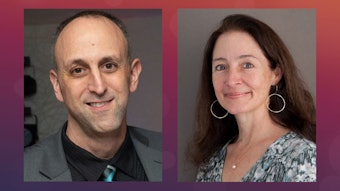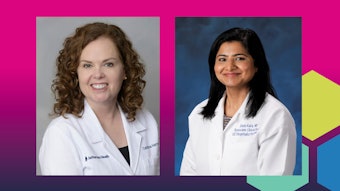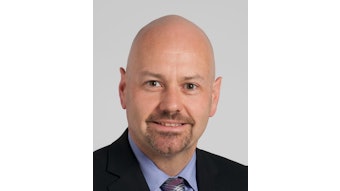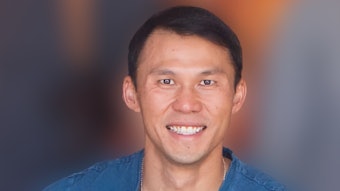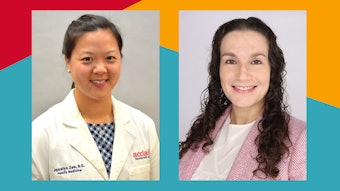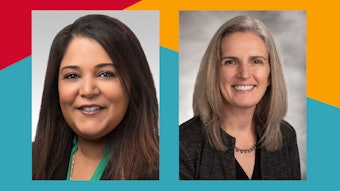Making the most of the bedside and beyond
Having the right skills is critical for success and satisfaction in hospital leadership roles.
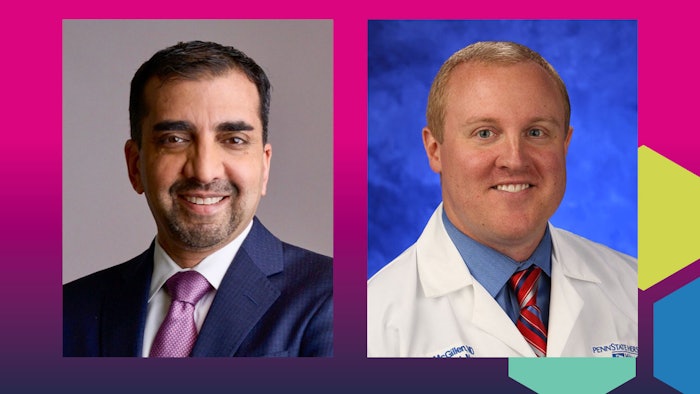
The role of the hospitalist is one that is constantly evolving within the hospital environment — especially given the economic realities of today’s health care systems. For hospitalists looking to become leaders, that can mean navigating an ever-changing landscape.
“Hospitals and health systems are under a lot of pressure financially,” said Brian McGillen, MD, FACP, SFHM, medical director of care transitions, patient management, and patient throughput at Penn State Health Milton S. Hershey Medical Center, Hershey, Pennsylvania. “You have hospitals closing all across the country, but the population doesn’t close with them. The hospitals are still responsible for taking care of a growing number of patients in ever-expanding regions. Nobody really understands the pressures as they translate at the front lines like a hospitalist does.”
With hospital beds becoming more scarce, Dr. McGillen said hospitalist leaders need to have the skills to ensure that they, their hospitals, and their patients are getting the most use out of those beds. That includes skills like clinical documentation management.
“It’s making sure that what we’re charting and documenting in our notes is reflective of the care we’re actually providing,” he said. “Making sure that hospitalists are aware of the need for appropriate documentation to reflect the severity of the illness of the patients that we’re caring for and why that matters not just for the hospital’s overall bottom line, but for what’s actually happening at that unit level as well.”
Dr. McGillen, along with Aziz Ansari, DO, FAAHPM, FACP, SFHM, professor of medicine and associate chief medical officer in clinical optimization and revenue integrity at Loyola University Medical Center in Maywood, Illinois, will take a close look at clinical documentation management and other skills hospitalists will need to advance in the Advanced Learning Course, “Beyond the Bedside: Transforming Hospitalist Careers.”
Dr. McGillen said for hospitalists, their career needs to be about more than just the list of patients they are assigned to see every day.
“(They need to look at) ways that can actually be impactful to not just that list, but entire nursing units, hospitals themselves, if not entire regional health systems,” he said. “More and more, the need for hospitalists to do that comes directly from the fact that we understand what’s actually happening where the rubber meets the road.”
Another core skill a hospitalist needs is that of cultural humility — the ability to recognize their own biases and how those may affect their day-to-day decision making. Dr. Ansari said it’s critical to be able to navigate difficult circumstances and have difficult conversations while making sure you are aware of your own implicit biases.
“We don’t always realize it, but as leaders our implicit biases have a potential for clouding our judgment and causing us to jump to conclusions prematurely without taking all factors into account,” he said. “These tools are critical as your next step in entering the leadership realm, so you are better prepared to be successful, rather than just being thrown into leadership roles without appropriate training.”
Even if you don’t want to be a leader, Dr. Ansari said these skills are critical to the value of what a hospitalist provides within the hospital environment.
"A hospitalist incorporates all of these factors to provide more safe, efficient, and patient-centered care,” he said. “Every hospitalist is inherently a leader because you’re leading a multidisciplinary health care team that is looking to you for guidance — your care managers, your social workers, your therapists. You are the captain of that multidisciplinary team.”
Visit SHM Meeting News Central for more coverage.

